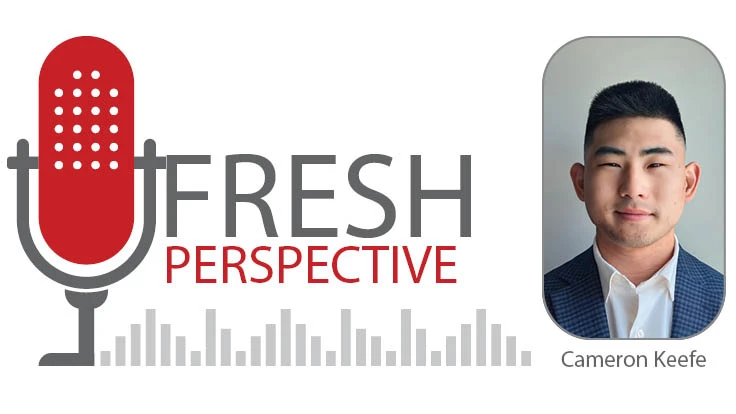Plastics recyclers were challenged in many ways throughout 2018, but that doesn’t mean they are not hopeful heading into 2019.
A broker based on the East Coast says he has a positive outlook heading into the year. “The setbacks this year with quality, etc., are not setbacks in my eyes,” he says. “They are investments in the marathon of the next 20 to 30 years. The path the market was on prior was not sustainable, and with China exiting the correction sped up.”
He continues, “I think the bottom is already in and we are going to see positive growth in 2019 in both quality and pricing as new markets and opportunity create additional demand.”
A plastics reprocessor based in the Southeast shares the broker’s optimism. “I’m feeling positive about the year ahead,” she says.
“Ultimately, the investment in quality is a good thing that should have happened a long time ago.” – a broker based on the East Coast
The reprocessor views the events of the last year as growing pains for the recycling industry. “It was a long year, and we did a lot of work, but we are coming around to where it is manageable.”
The last year placed an emphasis on quality, and the broker, who sells material for a number of material recovery facilities (MRFs), says he sees plant operators working to improve the quality of the plastic bales they produce.
“In a tough market, it’s critical to have your material [available] to as many markets as possible,” the broker says. “The benefit of the brokerage is that it allows you to focus on your business, while the relationship and marketing of your material is handled by others. The division of labor is critical in these times because MRFs have enough work to do focusing on the quality standards.”
MRF operators are not the only ones concerned about quality. He mentions that some towns, particularly those on Long Island, are moving away from single-stream recycling to dual-stream recycling programs in an effort to improve the quality of the recyclables they recover and market.

Brookhaven, New York, is one such town. After losing its contract with MRF operator Green Stream Recycling, also known as Hudson Baylor Brookhaven, in October 2018, the town has returned to dual-stream recycling “in an effort to move forward with the cleanest, most efficient recycling process as possible,” according to an article in The Long Island Advance.
Other towns in the area that have converted to dual-stream recycling are Huntington, Smithtown and Southold, New York.
“Ultimately, the investment in quality is a good thing that should have happened a long time ago,” the broker says.
He says demand for low-density polyethylene (LDPE) film and mixed rigid plastics (MRP) has decreased because of export restrictions. Demand for polyethylene terephthalate (PET) and natural high-density polyethylene (HDPE) has been stable, though pricing is flat. “HDPE color dropped quite a bit in 2018, but we’ve seen it rebound lately.”
The reprocessor says pricing for engineering grades dropped considerably in the export and domestic markets during the last quarter and remained soft heading into 2019. “There is still movement in export, but the pricing isn’t there,” she adds.
The company she represents is shipping reprocessed flakes and pellets to China, though she says China Certification & Inspection Group (CCIC) inspections are rigorous and time consuming. Container availability also is an issue. “We are only able to get 40 [foot] high cubes; no more 45s are going out to China.”
Get curated news on YOUR industry.
Enter your email to receive our newsletters.

Explore the February 2019 Issue
Check out more from this issue and find your next story to read.
Latest from Recycling Today
- MTM Critical Metals secures supply agreement with Dynamic Lifecycle Innovations
- McClung-Logan Equipment Company joins Tana’s authorized dealer network
- Grede to close Alabama foundry
- Plastics Recycling Conference 2025: Working toward their targets
- SWACO rolls out new commercial recycling and food waste programming
- Updated: Matalco to close Canton, Ohio, plant
- Metso launches electric Anode Weighing and Casting Machine
- Circular by Shapiro releases '5 for Five' sustainability series






